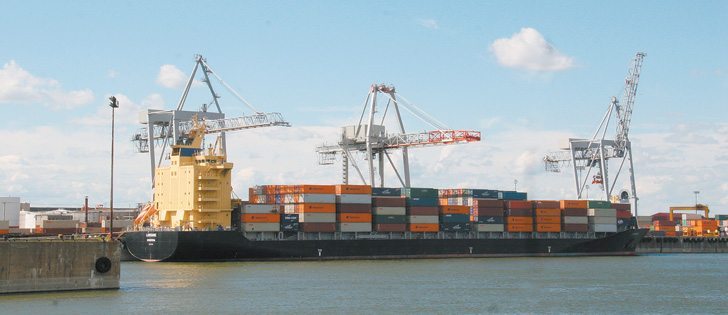When a young reporter began to cover the prairie grain industry some decades ago, he was quickly introduced to a funny and accurate description.
Grain was 13 percent protein and 87 percent politics.
So it is with food policy these days.
Olivier De Schutter, the United Nations special rapporteur on the right to food, was in Canada last week to report on and condemn the dismal and embarrassing fact that in a country as cash and food rich as Canada, as many as three million struggle to have access to adequate nutritious food.
Read Also

Higher farmland taxes for investors could solve two problems
The highest education and health care land tax would be for landlords, including investment companies, with no family ties to the land.
The Conservative government was quick to dismiss the Belgian’s visit, weighted as it was to meetings with local food advocates, small farm representatives, food bank executives and poor remote First Nations communities, as a political visit intended to fulfill a pre-determined agenda.
To his credit, De Schutter quickly and happily confirmed the political nature of his decision to make Canada the first developed nation to be investigated.
“Of course the right to food is about politics,” he told an Ottawa news conference. “It is a matter of principle and political will.”
Indeed, that is true. While poverty is relative and hunger is a complex issue, world governments have never made the commitment to back up their laudable promises to fight hunger with concrete plans and funding.
The existence of hunger and food insecurity, while often a complicated issue, ultimately is a political decision.
A war on hunger or poverty simply has never been as sexy as a war on drugs, terrorists or whatever.
Later, De Schutter affirmed that his bias is toward local production and programs to help the poor receive adequate affordable food rather than agriculture that promotes exports to countries that can afford to buy it.
However, he said his role was not to condemn but to expose, hoping that Canadians will rise up when they see the evidence of food insecurity in a land of plenty.
“The purpose of the mission was to provide Canada with a picture of itself,” he said.
“My role is to help countries identify blank spots in public policy, areas that they would prefer to ignore because it is more comfortable to do business as usual. I am a mirror.”
He expects his criticisms of Canada’s policy bias toward larger farms and an export-oriented agricultural policy will produce probing questions for Canada’s representatives at the United Nations.
Undoubtedly it will and it should.
De Schutter’s report was impressive, given his short time in Canada. He grasped quickly some history, the complexity of federal-provincial relations and Canadian policy.
However, his analysis would have been more credible if he had not been so much a captive of one side of the food argument — the small farm, local food, anti-Conservative side.
As an example, his main farmer meeting was with the National Farmers Union and from that meeting, he included criticisms of the end of the CWB monopoly and what he said was a weakening of Canadian Grain Commission inspection standards.
Of course, those changes have not yet been produced and that interpretation is just one side of the argument.
Still, De Schutter’s report should get Canadians thinking about food insecurity in a nation of plenty.
Sadly, it probably won’t.














